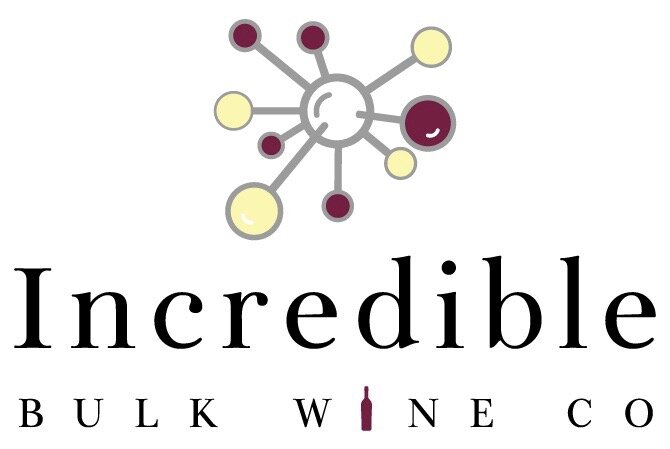How better is wine sold than with a place name? In the old world, the Estate or the Vineyard itself is sold, on the high end. There are no descriptors attached to the varietal names, save for perhaps a tech sheet for the trade. In a glance through First and Second Growth websites, varietal names are nary to be found. The Estate is synonymous with the quality of wines that they produce.
In Burgundy, the rock outlined vineyards delineate the scarcity, and the upper echelon. La Tache is what holds the value, not even the appellation holds a candle to the vineyard name.
Italy sells Barolo and Barbaresco. Nebbiolo is implied to industry wags, but it is the place name that has buyers heading to these sections of wine shops upon arrival. The argument of time for these names in the limelight is fair. With the accession of time, it is likely to forget upon reflection the art of the marketing and brand protection that were carried forth by its stewards to put these eponymous regions’ sales on Easy Street in the modern era.
In the United States, our pioneers leaned on harmonizing variety with place. Napa Cabernet, Willamette Valley Pinot Noir, Paso Robles Cabernet, Yakima Valley Riesling.
Perhaps Washington State’s greatest strength is that it is largely undefined. In a slanting steppe, scoured by floods, vines struggle to thrive on fractured basalt clinging to windswept mountainsides. When the grapes are farmed and vilified by the artists, the wines produced are singular. What if Washington wines were sold by their place names. Candy Mountain, Elephant Mountain, Walla Walla. These fanciful names could carry labels to newly found consumers. Consumers would find wines of identity, illuminated in these beautiful places with Tolkien-esque names.
In many vintages, Merlot and Syrah are the best red wines produced in Washington, but consumers don’t care. What if they were given blends of both (or whatever could be best vinified harmoniously from a singular place) with the marketing focused on the place and the people, instead of the blend composition. Sell the place and let them taste it. Sell a vineyard name or an unforgettable place. When the place is sold effectively, its producers and consumers all benefit.
